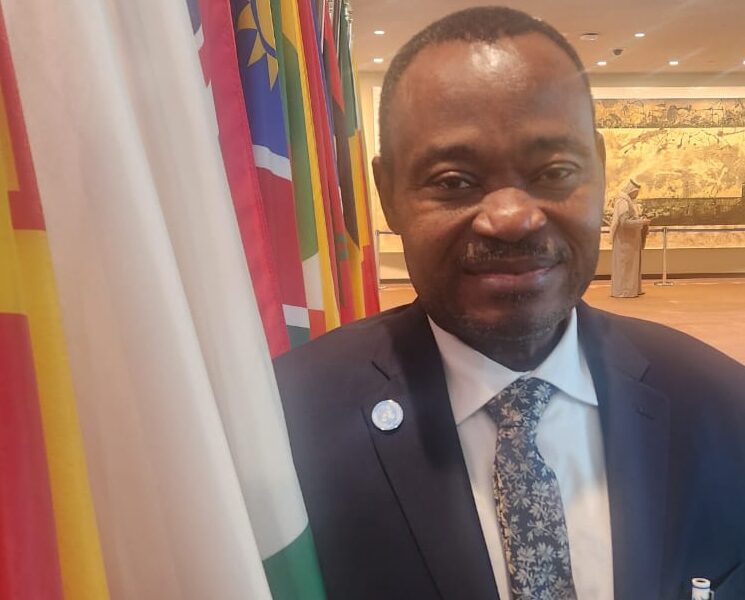Senator Jimoh Ibrahim, representing Ondo South Senatorial District, has strongly opposed the proposed global tax to fund the Sustainable Development Goals (SDGs), arguing that it is impractical and would further entrench global inequality.
Speaking at the United Nations Global Parliament’s Interparliamentary Opening Session in New York, Ibrahim cautioned that such a tax would exacerbate poverty rather than help achieve the SDGs by 2030.
“The international system remains anarchic, lacking a unified authority to enforce such a tax. Instead of imposing additional financial burdens, the global community should hold environmental polluters accountable by compelling them to compensate Africa for climate-related damages,” he stated.

Ibrahim urged African legislators to stand united in demanding climate compensation as an alternative means of financing the SDGs. He insisted that major polluting nations and corporations must take responsibility for the environmental degradation in Africa, arguing that this approach would be more just and effective in addressing climate change and economic challenges on the continent.
“It is time for African lawmakers to demand reparations for the climate crisis. These funds can be directed toward reducing Africa’s debt burden and achieving the SDGs,” he emphasized.
Beyond taxation, Ibrahim identified key flaws in the SDG implementation process, including lack of inclusion of critical stakeholders, transparency deficits, failures in multilateral cooperation, and insufficient support from non-state actors. He warned that with the 2030 deadline fast approaching, urgent reforms are needed to enhance the SDG framework’s effectiveness.
Despite his concerns over global efforts, Ibrahim commended President Bola Ahmed Tinubu for integrating the SDGs into Nigeria’s national budget, reinforcing the country’s commitment to sustainable development. He also urged the United Nations to conduct an internal review to ensure the SDGs stay on track, stressing that time is running out for meaningful progress.
As global discussions on SDG financing continue, Ibrahim’s strong opposition to a global tax and his advocacy for climate compensation could significantly influence future policies on Africa’s sustainable development funding.




